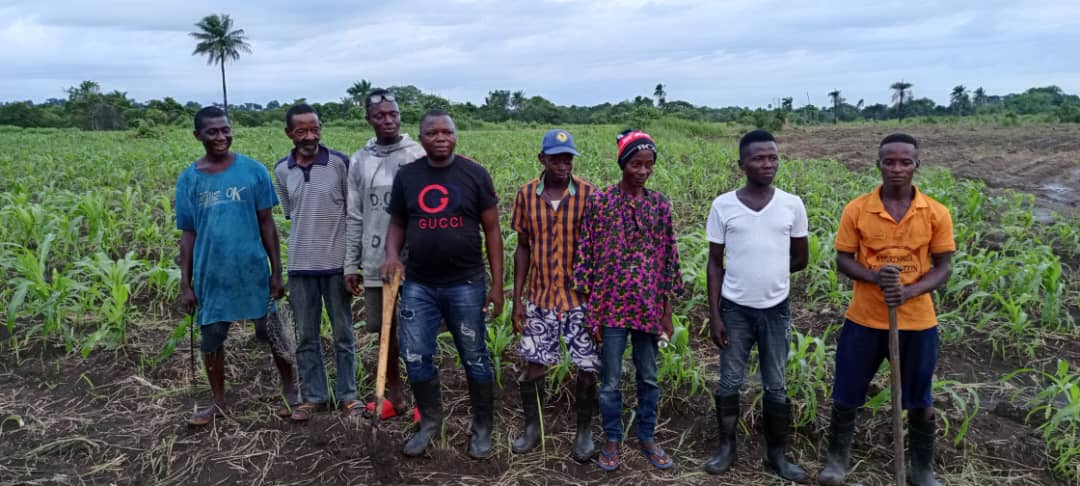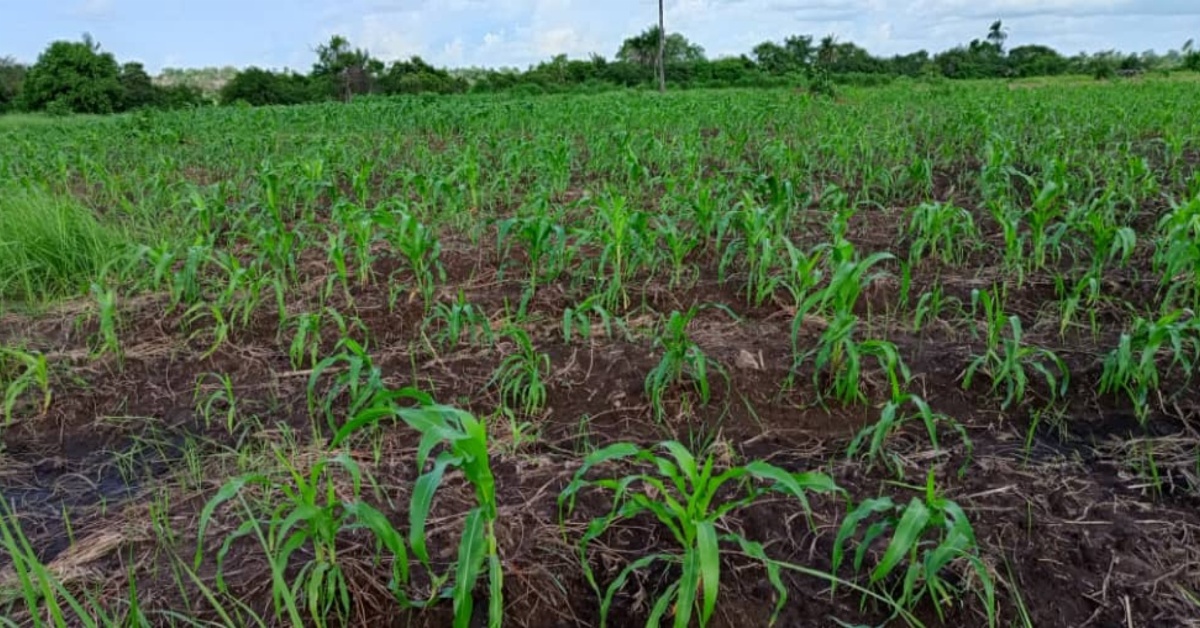The over 700-hectare farm is located in Makunkabai Village, Teko River, Matotoka Section, Bombali Shebora Chiefdom, Bombali District.
The farm cultivates maize (corn), rice, pepper, cassava, watermelon, okra, groundnuts, potatoes, and other vegetables. It was established to address youth unemployment, food security, and boost agricultural progress in the country, contributing to the Feed Salone Project.
The Feed Salone Project is a newly introduced initiative launched by President Bio to enhance food sufficiency and support local farmers. The Agriculture Ministry has been prioritized in his second term, alongside the “Free Quality Education Initiative” from his first term.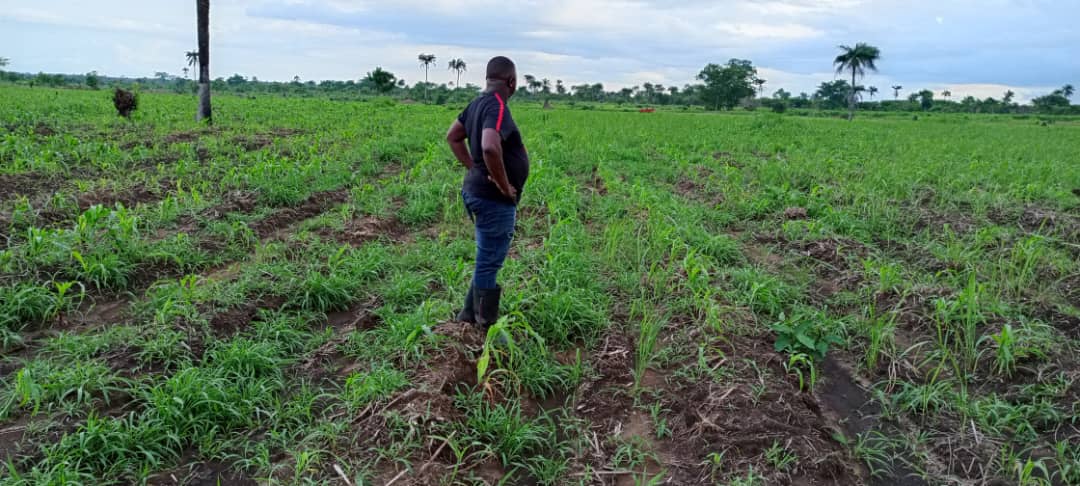
Speaking to this medium, the Chairman of the Bombali Young Farmers Association, Mohamed Thomas Kandehbureh Kamara, stated that since they began operations in 2015, they have been entirely self-funded, without any support from the government, NGOs, philanthropists, or other stakeholders, posing significant challenges to their agricultural activities.
He mentioned that they sustain their operations solely through farm income. The absence of farm equipment like tractors, combine harvesters, and threshers leads to substantial expenditures and low financial returns after the planting season.
The Chairman highlighted the unbea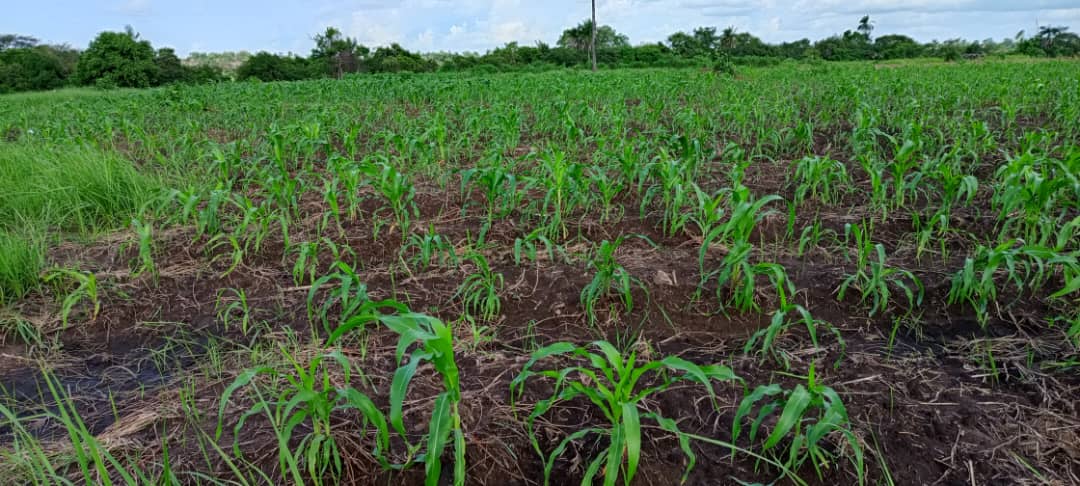 rable financial burden they face in contributing to agricultural growth. He called for urgent assistance from the government, NGOs, stakeholders, and philanthropists to help them engage in large-scale production for sustainable food security in Bombali District and the entire country.
rable financial burden they face in contributing to agricultural growth. He called for urgent assistance from the government, NGOs, stakeholders, and philanthropists to help them engage in large-scale production for sustainable food security in Bombali District and the entire country.
Explaining the background of their agricultural activities, he said the concept started in 2015 after the demand for maize increased due to SCADEP Projects that supported many poultry farmers across the country. Poultry farmers struggled to obtain maize, the primary feed for their animals.
After attending a meeting where farmers were encouraged to start maize production, they began right away. They initially operated in Malal Chiefdom but had to relocate due to land ownership issues, eventually settling in Makunkabai Village, where they have worked for the past three years.
In Makunkabai, they faced challenges with pesticides in the first year but overcame them by the second year. Mr. Kamara noted that their farm benefits the village significantly. The villagers own the machine and hire it regularly for their work. Additionally, villagers are employed to complete the rest of the work, providing them with income through tractor fees and labor payments.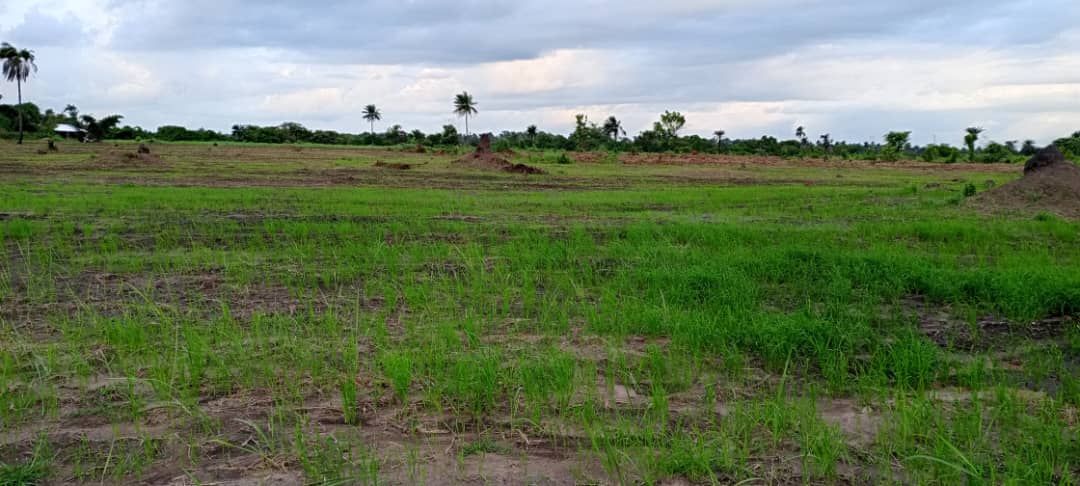
“Weeding, pest control, fertilizer application, and other tasks are done manually because we lack mechanized equipment. We hire local communities for these tasks and pay them incentives. Over the years, we’ve received positive feedback about the impact of these payments, which have helped families and reduced their need for loans from traders,” Mr. Kamara reiterated.
Farmers from Makunkabai and Mathamba, working as staff and part-time laborers, expressed joy over the farm’s progress and its impact on the village through employment and improved road networks. They also requested immediate support for machinery and pest control for their farms.